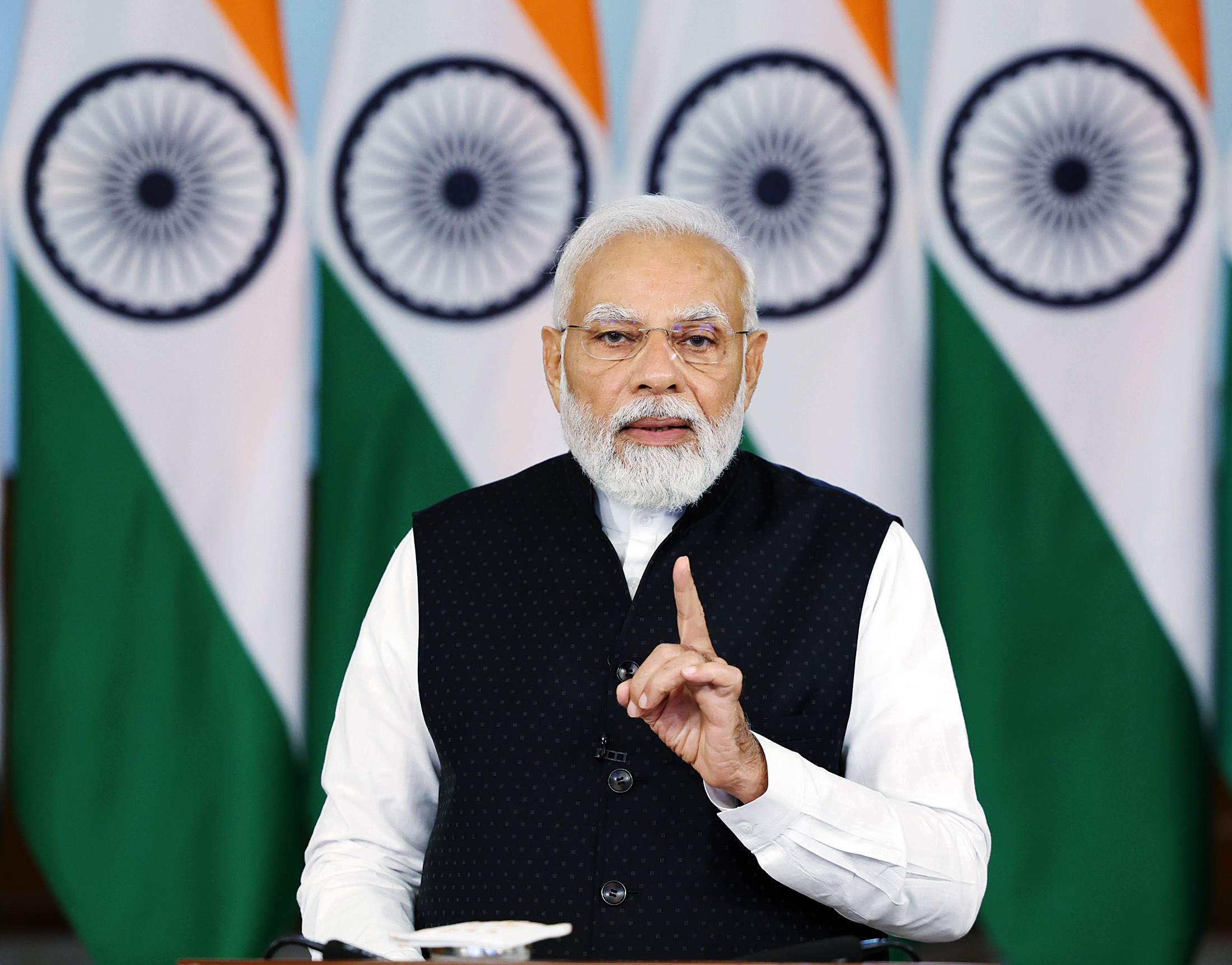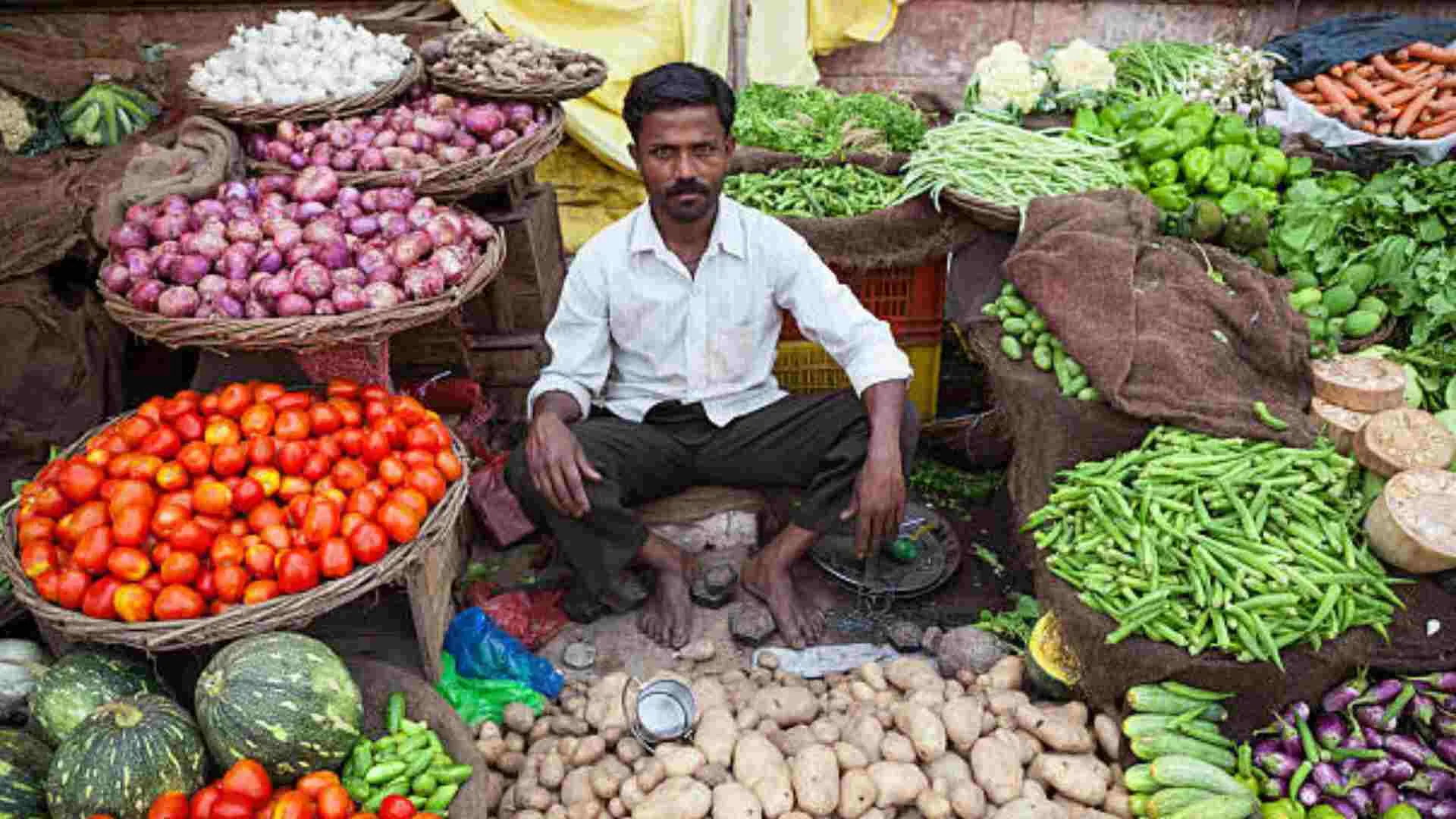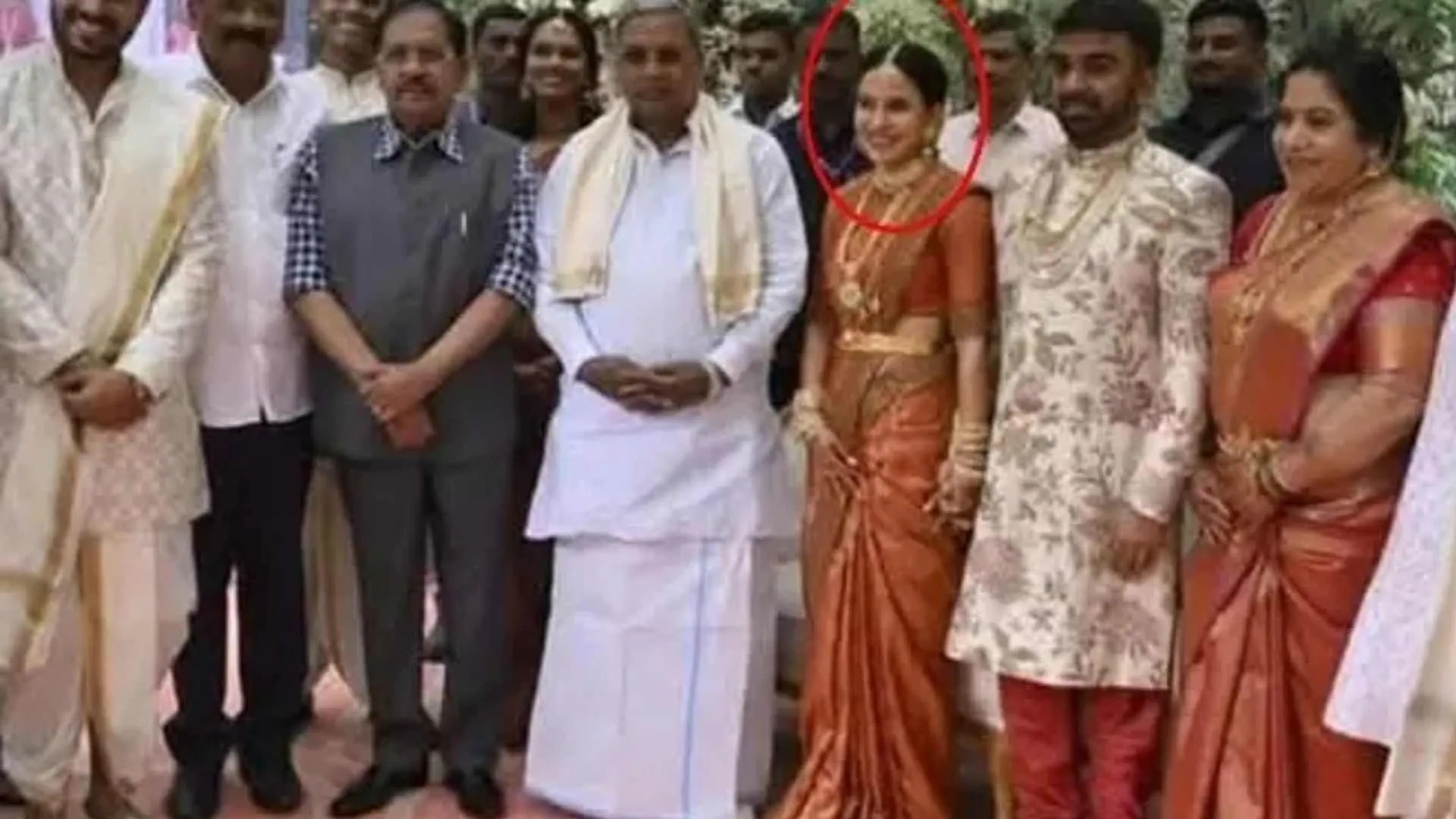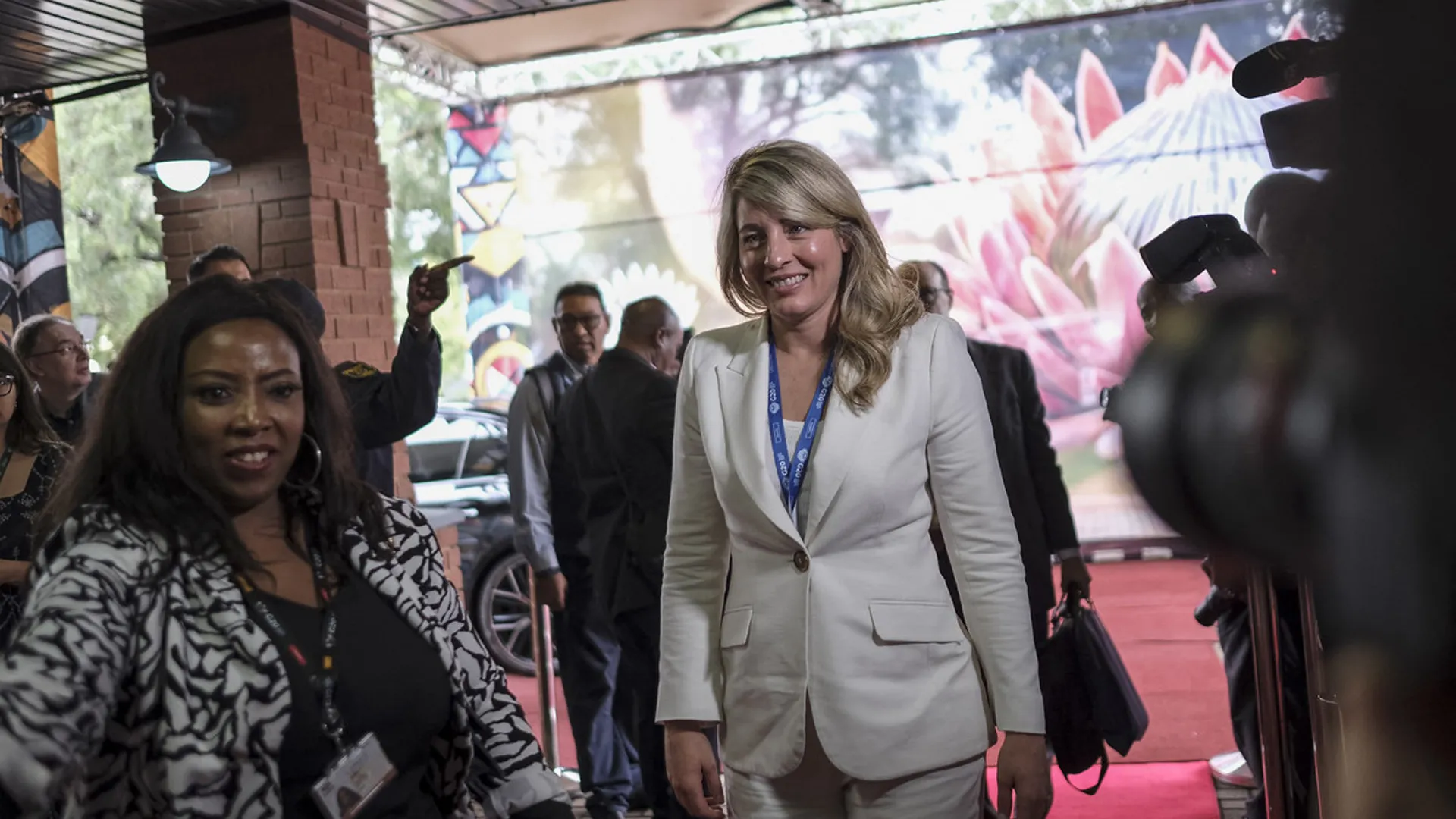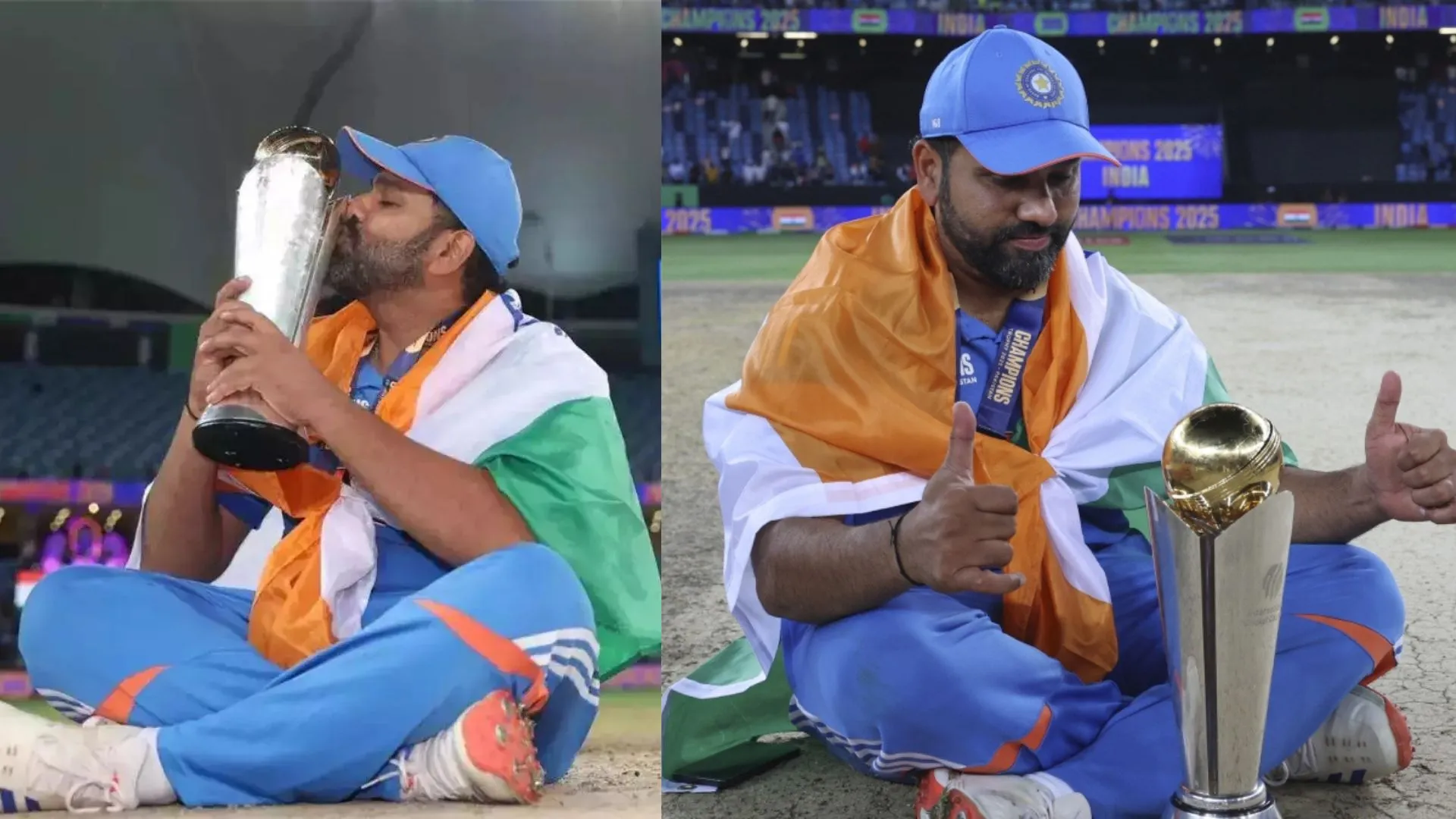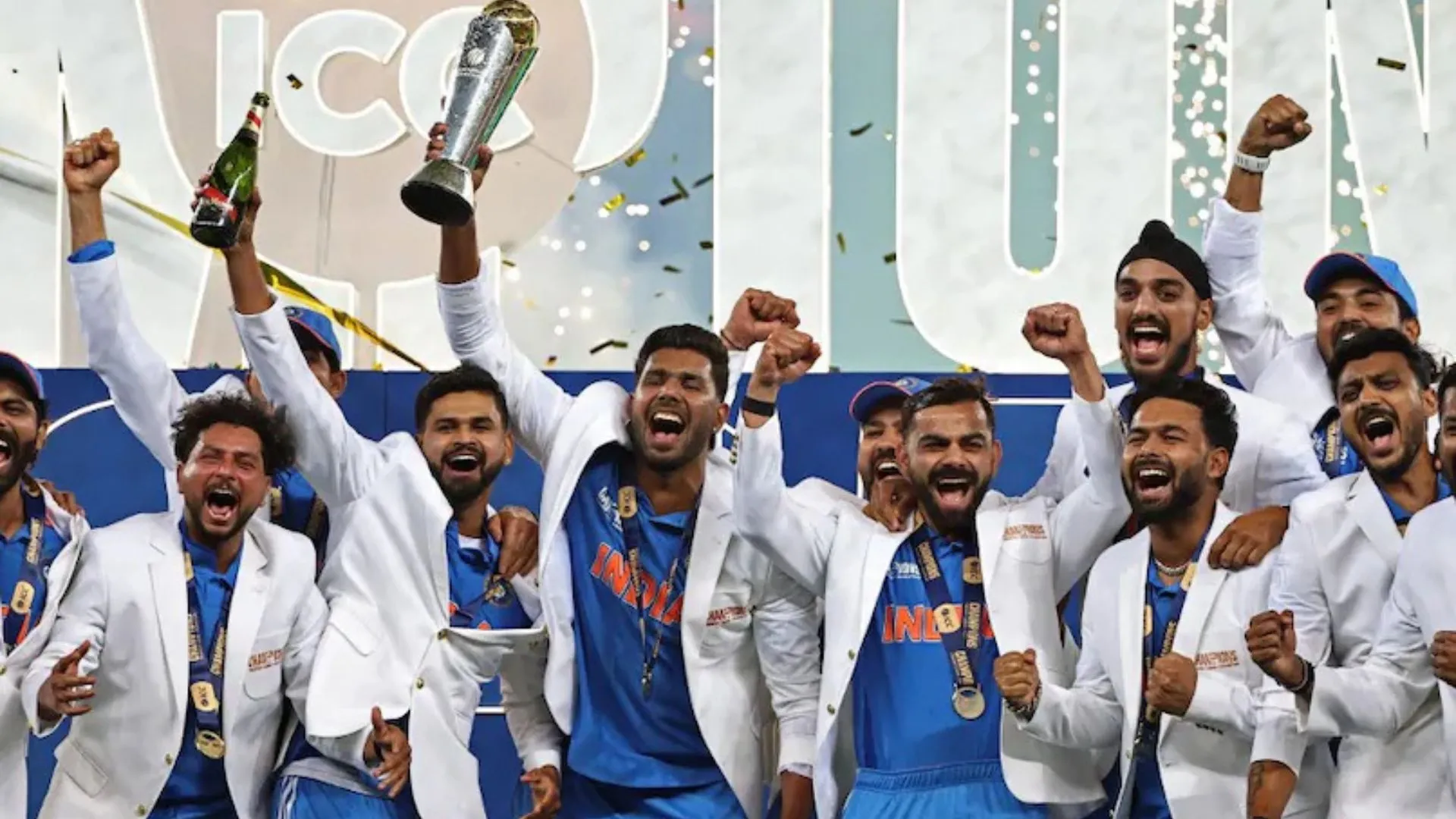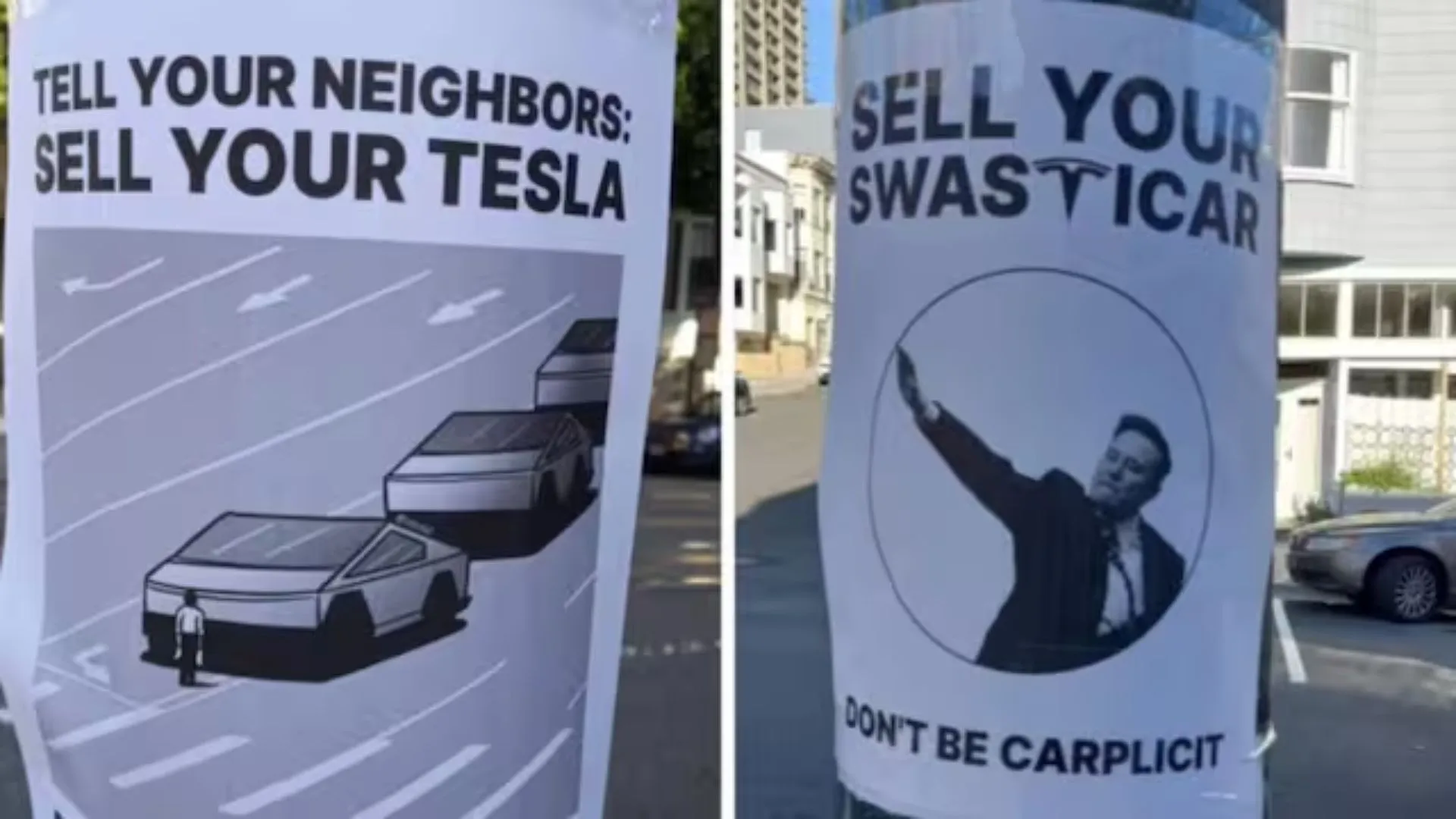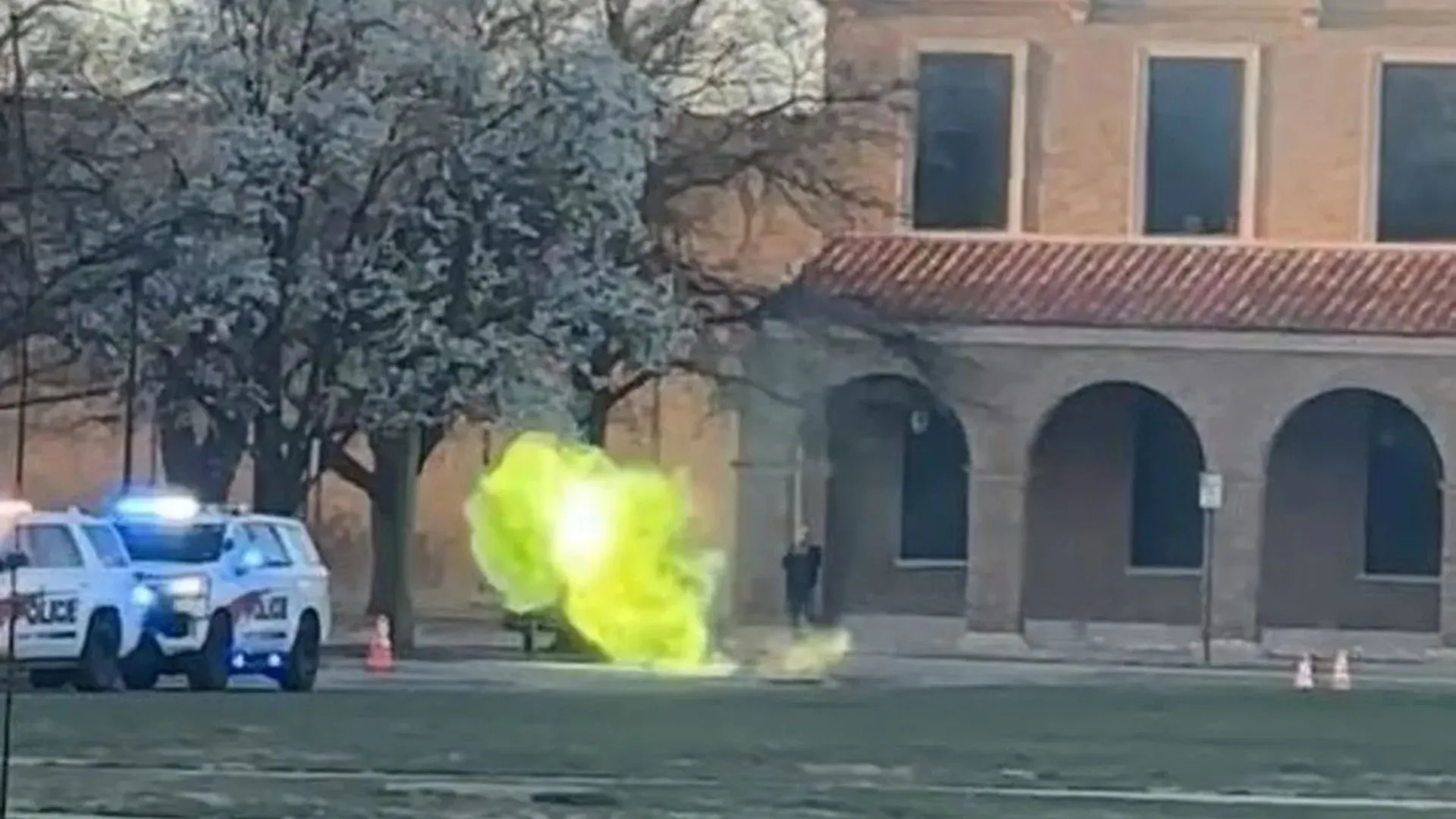Prime Minister Narendra Modi emphasised India’s climate obligations on Saturday, saying the nation had demonstrated leadership in climate action and met its goal for non-fossil installed electric capacity nine years ahead of schedule.
In a video message to the G20 Energy Ministerial Meeting in Goa on Saturday, the Prime Minister said India now plans to achieve 50 percent non-fossil installed capacity by the year 2030. “No talk about the future, sustainability or growth and development can be complete without energy. It impacts development at all levels, from individuals to nations,” the Prime Minister said at the meeting that brought together ministers from the countries in the G20 grouping.
He pointed out that India is among the global leaders in solar and wind power and is making great efforts in green growth and energy transition.
“India is the most populated nation and the fastest-growing large economy in the world yet we are moving strongly on our climate commitments… We achieved our non-fossil, installed electric capacity target 9 years in advance. We have now set a higher target, we plan to achieve 50 per cent non-fossil installed capacity by 2030,” PM Modi said.
The G20 Energy Ministerial meeting is being held under the chairpersonship of Union Minister for Power and New and Renewable Energy, R K Singh. Earlier on Friday, Union minister Singh said that India has achieved its target of producing 43.6 per cent of its total energy through non-fossil fuel sources nine years ahead of the schedule of 2023.
The Prime Minister pointed out that the world looks to the G20 countries to this group to advance sustainable, just, affordable, inclusive, and clean energy transition and urged them to ensure that the Global South is not left behind
“We must ensure low-cost finance for developing countries,” PM Modi said.
“We must find ways to bridge technology gaps, promote energy security, and work on diversifying supply chains. And, we must strengthen collaboration on the ‘fuels for the future,’” he said.
Meanwhile in his video message today, the Prime Minister said more than 119 million families in the country have got LPG connections in the last nine years. “We have also achieved the historic milestone of connecting every village to electricity,” he said.
“In 2015, we began a small movement, by launching a scheme for the use of LED lights, this became the largest LED distribution programme in the world. Saving more than 45 billion units of energy per year,” the prime minister said.
He said that India’s domestic electrical market, is projected to reach 10 million annual sales by 2030.
“We have commenced the rollout of 20 per cent ethanol blended petrol this year. Our aim is to cover entire country by 2025,” he said.
The Prime Minister said that for decarbonising India is working on a mission mode on green hydrogen as an alternative.
“The aim is to make India, a global hub for the production, use and export of green hydrogen and its derivatives,” the PM said.
The Energy Ministerial meeting was followed by the launch of the Green Hydrogen Innovation Centre by the Union Minister for Power and New and Renewable Energy RK Singh and the Global Biofuel Alliance by Union Minister for Petroleum and Natural Gas Hardeep Singh.
Earlier on July 14, Power Secretary informed that the Energy Ministers from G20 member countries, nine invited countries and high-ranking officials from 14 international organizations will be part of the Ministerial meeting.
In the lead-up to the Energy Ministerial Meeting, a two-day 4th Energy Transition Working Group meeting concluded on Thursday in Goa.

